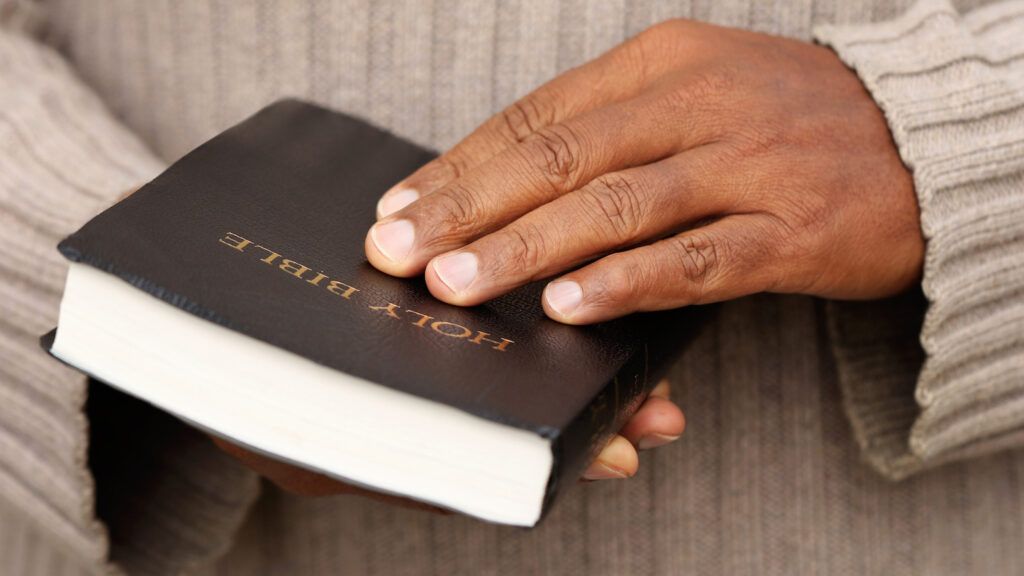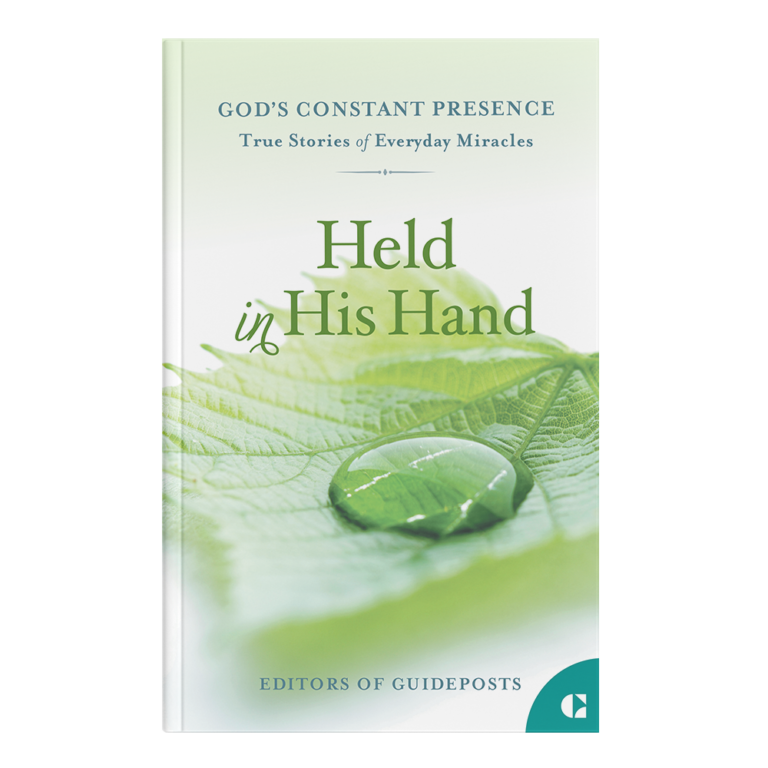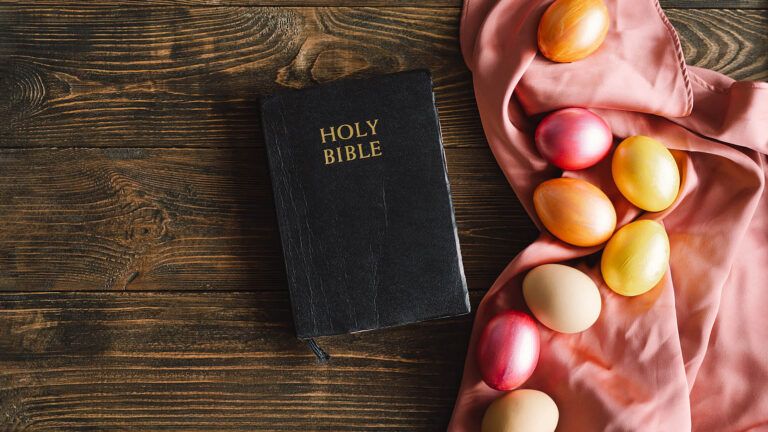You may sometimes feel as though your prayers go nowhere. As though God has blocked your number, so to speak. But the last book in the Bible says otherwise.
The first seven chapters of The Revelation describe a vision—a “revelation”—that may safely be called cacophonous. There is a loud voice like a trumpet, a voice like the roar of a waterfall. We hear praise, correction and promises being dictated to seven churches. Thunder rumbles and peals. Four heavenly creatures repeatedly cry, “Holy, holy, holy.” Twenty-four elders sing a praise hymn. A mighty angel shouts. Thousands of angels sing fortissimo praises to the Lamb, until they are joined by the voice of every creature in heaven and earth. More thunderous voices. Rampaging horses. Strident martyrs’ cries. Earthquake. Avalanches. Screams. An innumerable multitude of the redeemed, worshiping and singing in full voice.
But chapter eight begins, “When he [an angel] opened the seventh seal, there was silence in heaven for about half an hour” (Revelation 8:1, NIV).
Silence.
Say what? What is that about?
It is a silence of anticipation. Of expectancy. Of eagerness. Because what happens next is prayer. The prayers of the saints. Yours and mine.
John saw seven angels appear, each with a shofar. Then:
Another angel, who had a golden censer, came and stood at the altar. He was given much incense to offer, with the prayers of all the saints, on the golden altar before the throne. The smoke of the incense, together with the prayers of the saints, went up before God from the angel’s hand. (Revelation 8:3-4, NIV)
That’s why heaven fell silent. That is how heaven receives prayer. Your prayers.
The angel’s censer is golden because of the value of its task. There was nothing more valuable to the first-century mind than gold, and there is nothing more valuable in the economy of God’s kingdom than prayer.
Notice also that the angel was given “much incense” to offer along with the prayers, purifying them and ensuring their acceptability before God’s throne. In the ancient world, incense was expensive stuff. So the picture of “much” heavenly incense—as opposed to a little and as opposed to the earthly kind—indicates an impressive investment.
There could be another reason the angel was given “much incense” to offer. The incense was intended to mingle with “the prayers of all the saints”—eloquent and upright prayers, as well as imperfect prayers, prayers offered in weakness and prayers that are incomplete or misguided. My prayers (which must require mounds of incense). Your prayers. They are offered with all the rest and purified with “much” heavenly incense.
And the commingled incense and prayers “went up before God from the angel’s hand.” Don’t miss the image. We routinely think in terms of God hearing our prayers (and sometimes imagine that He hasn’t heard). But the picture of Revelation 8:4 involves more than hearing. Hand-delivered by an angel, the smoke and smell of incense mingled with the prayers, so that God saw them, smelled them, heard them, inhaled them. All of them. Perhaps in a more beautiful, more comprehensive way than you have ever been bold enough to imagine.
That’s how highly your prayers are valued in heaven and how your loving, kingly Father receives your prayers.
(Adapted from How to Survive the End of the World by Bob Hostetler)






